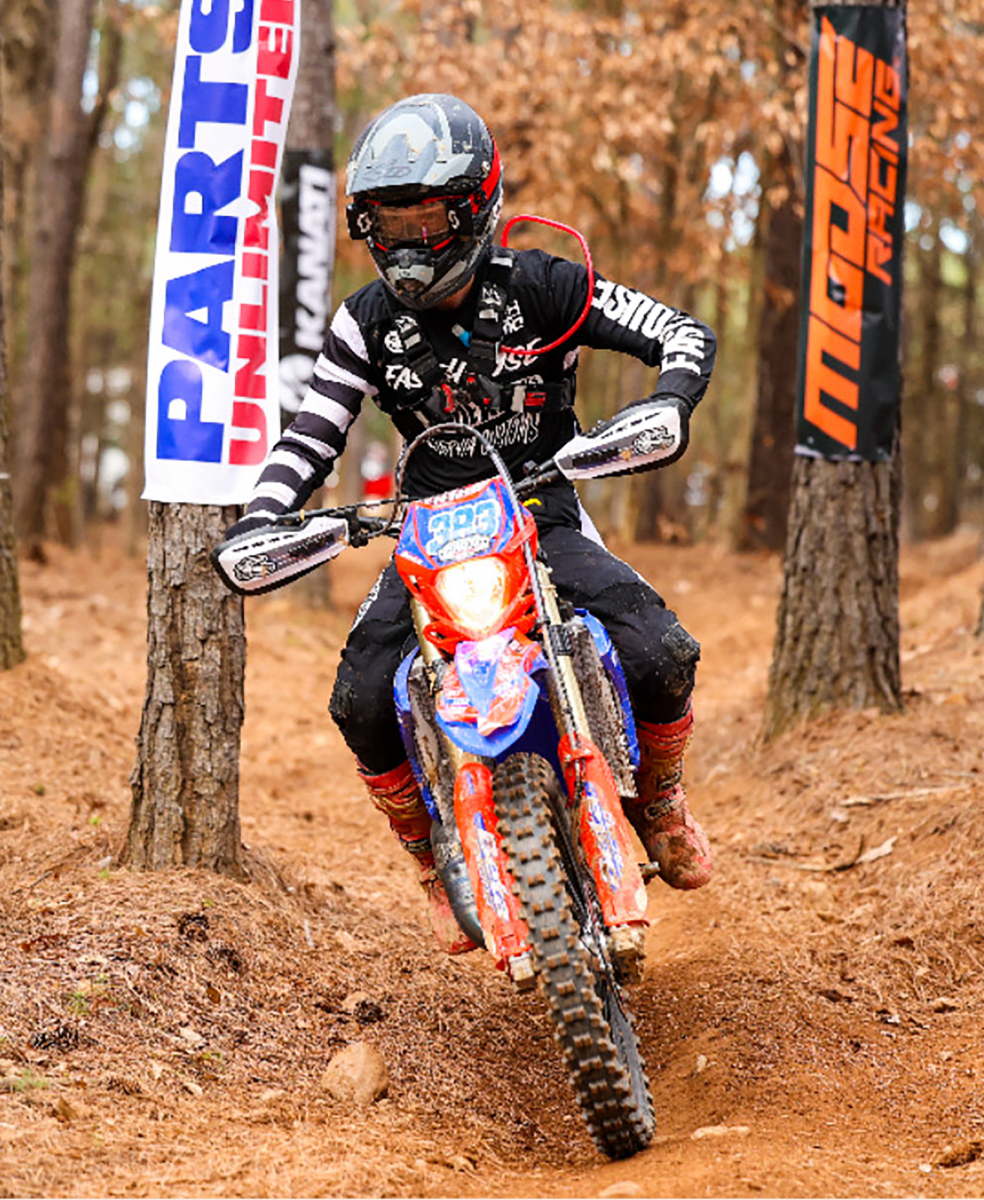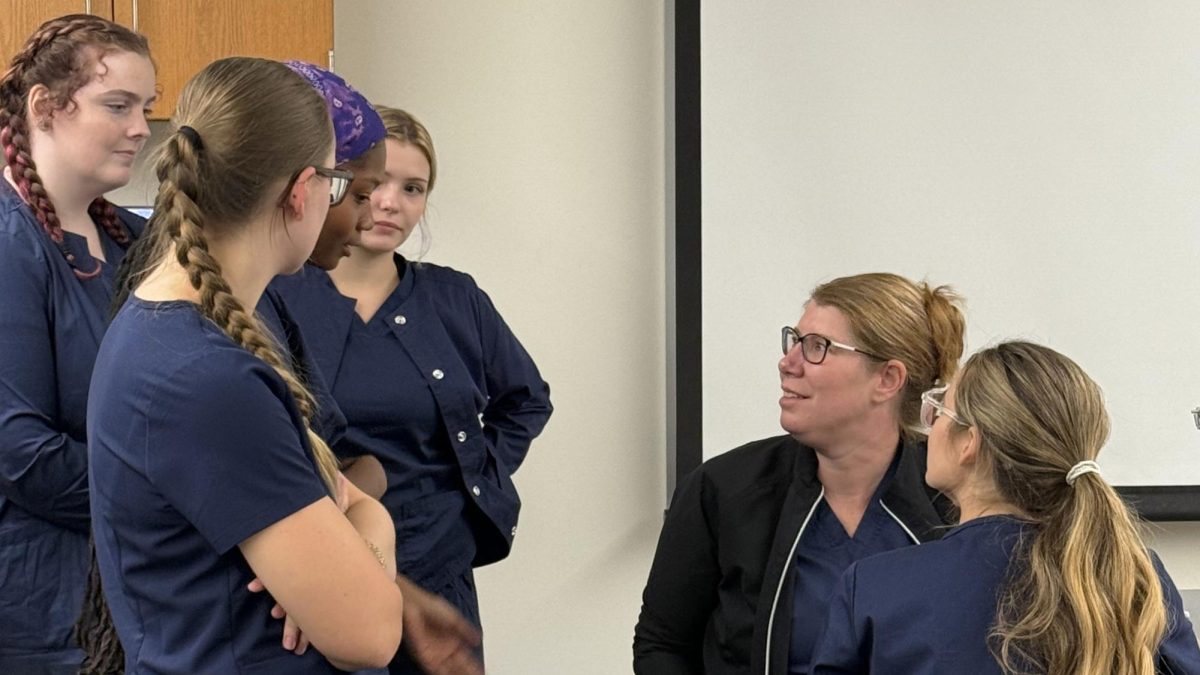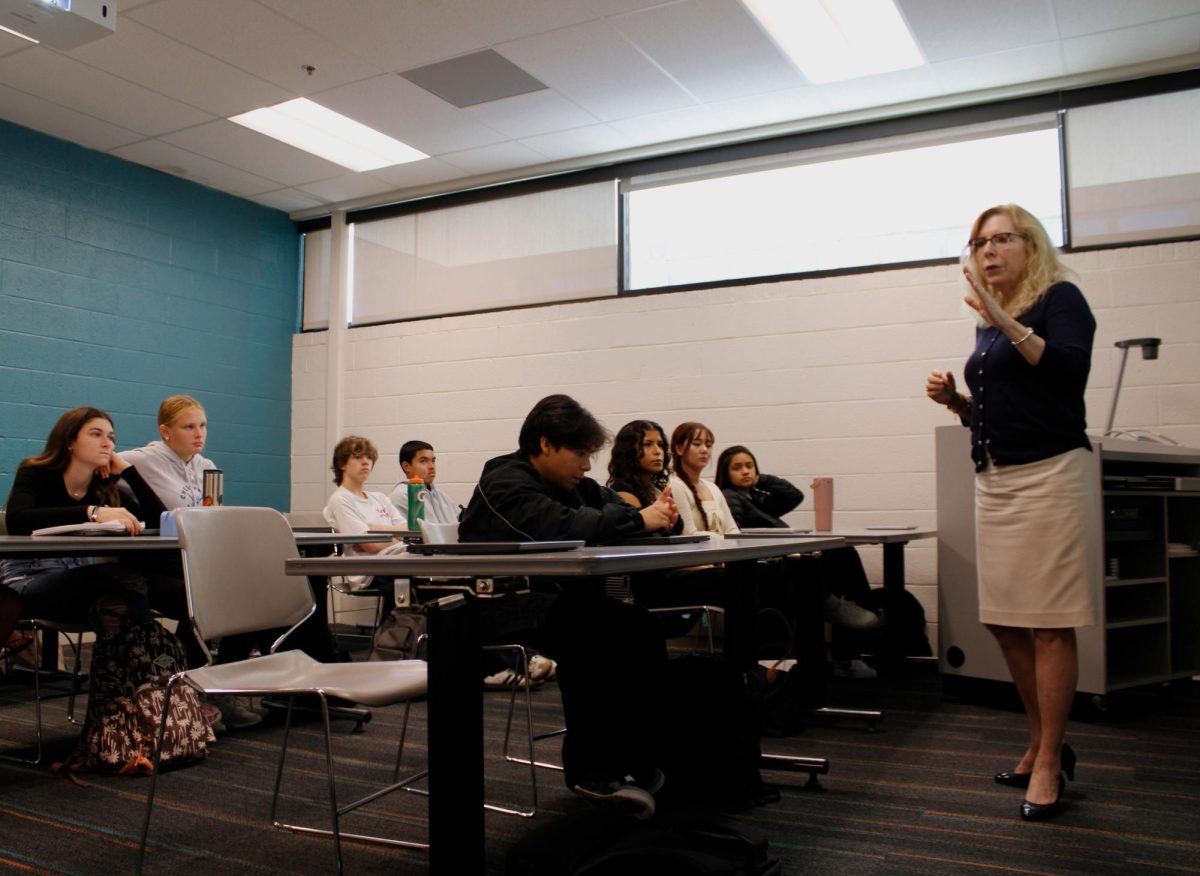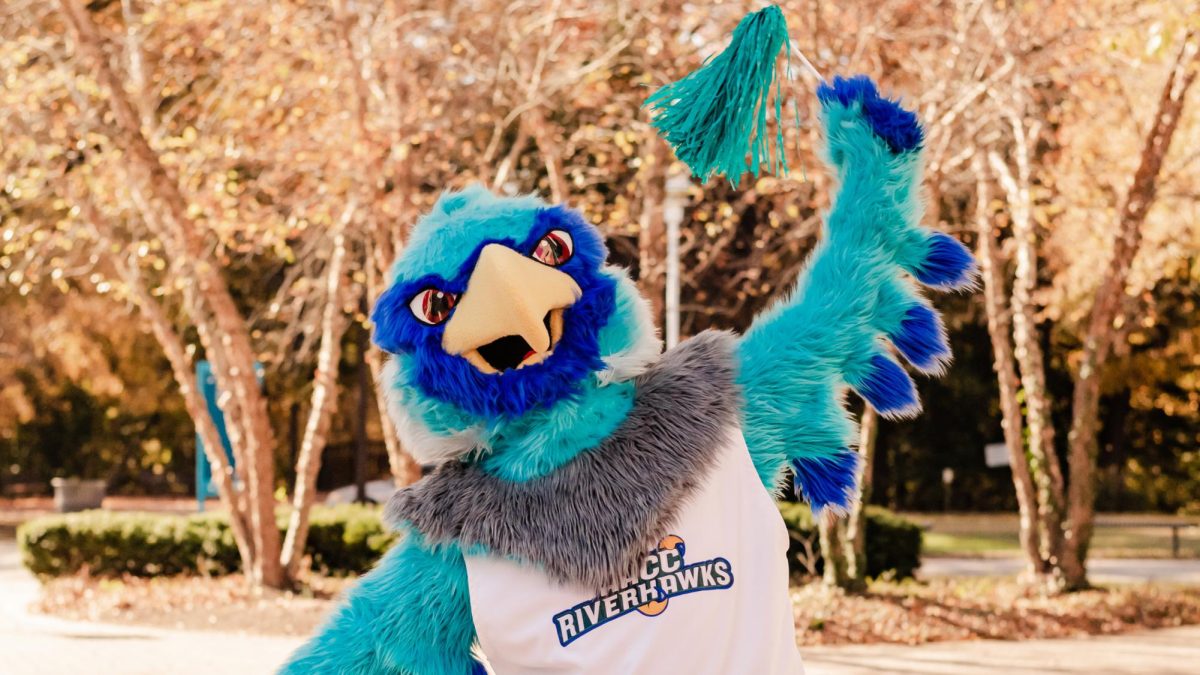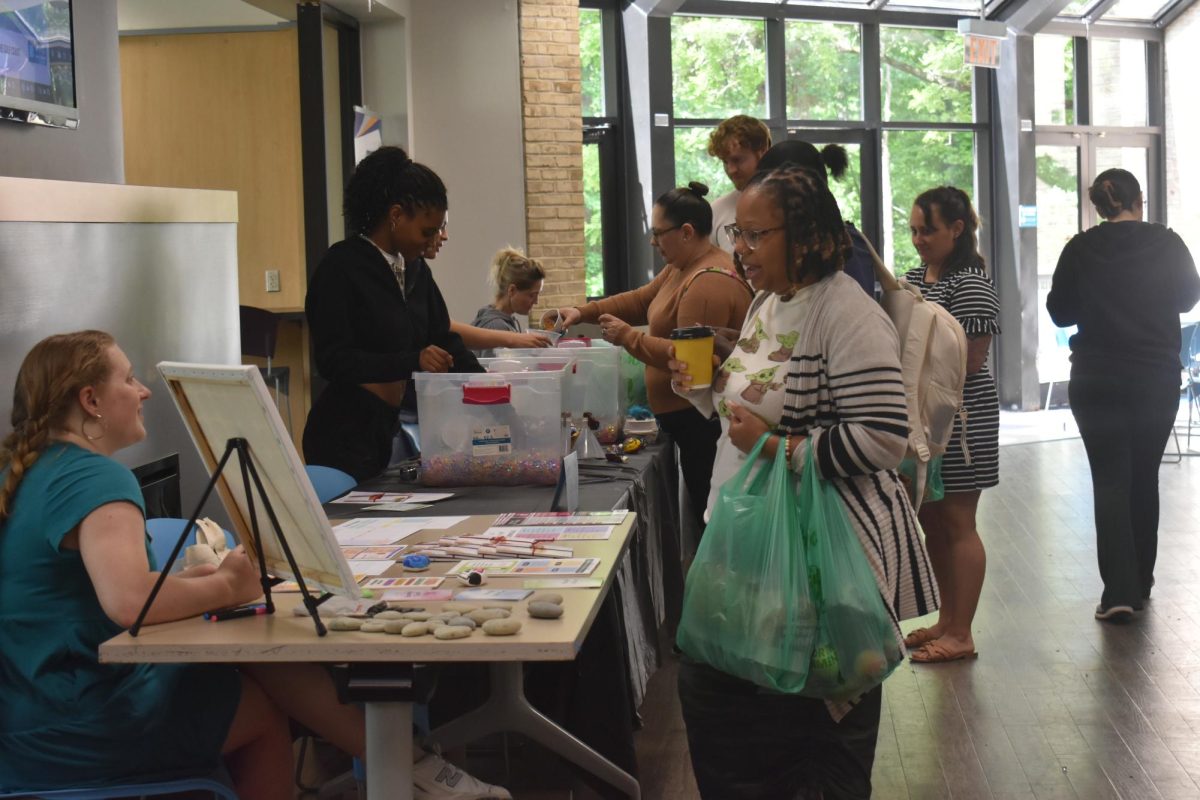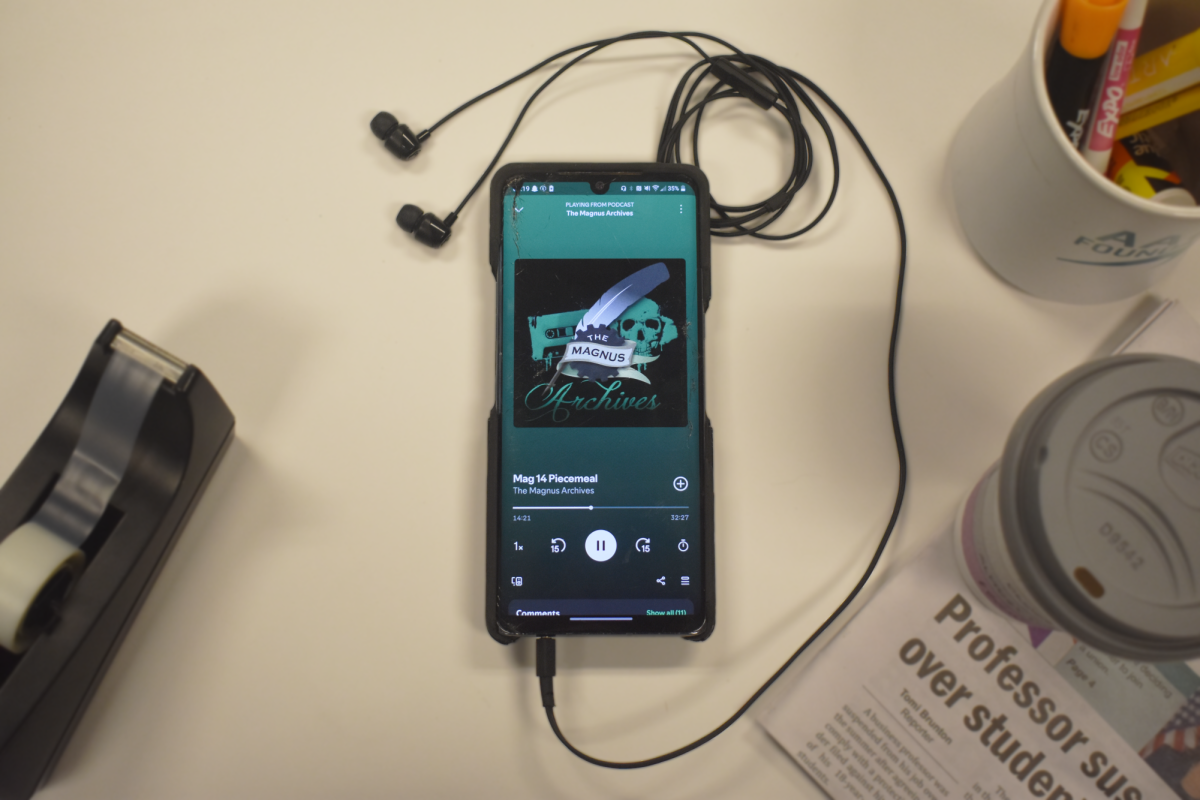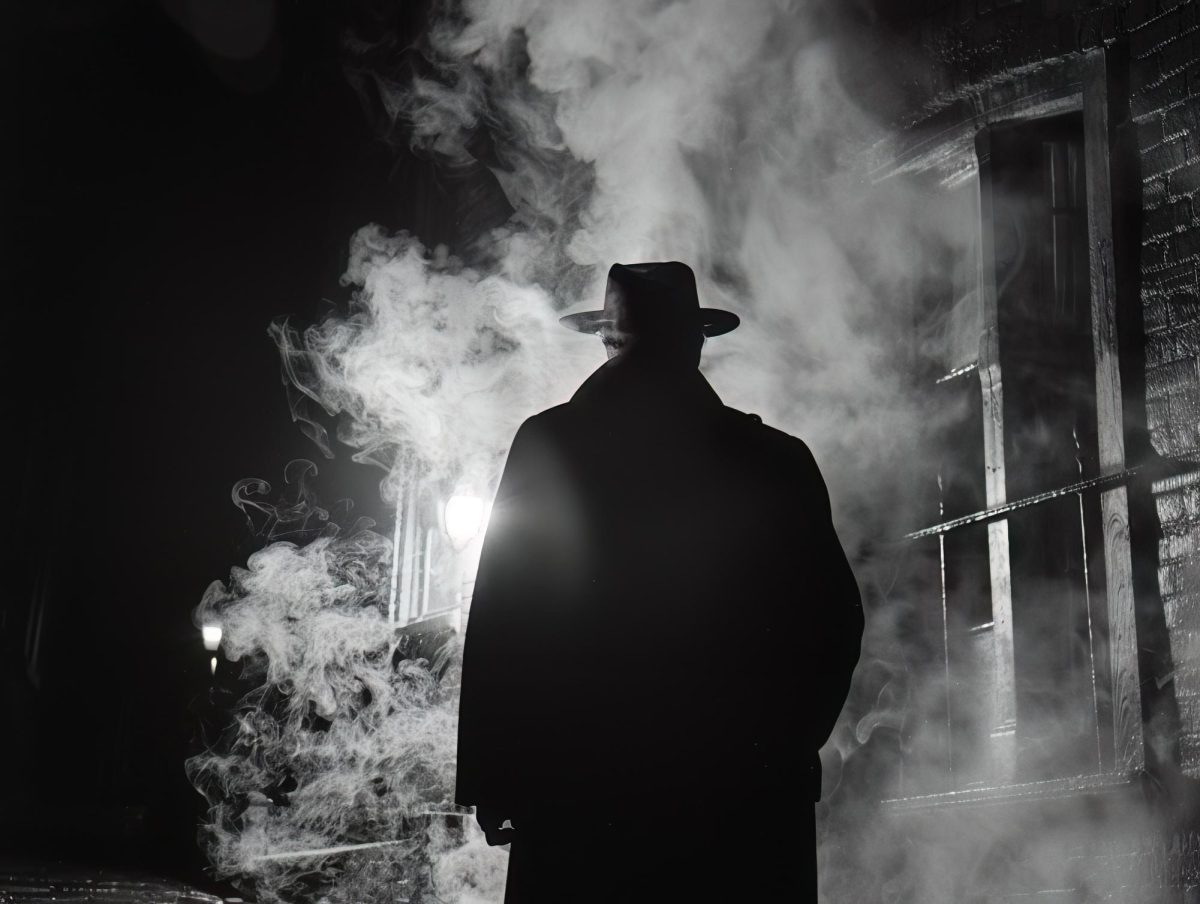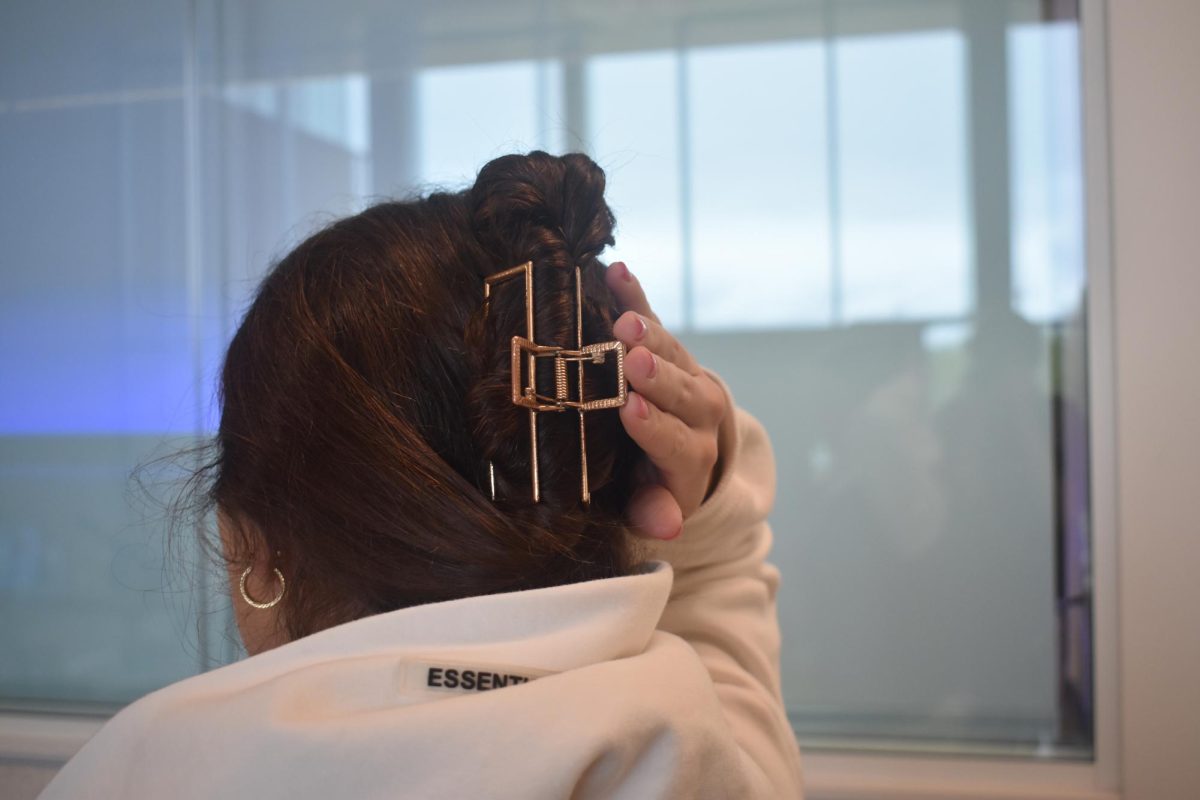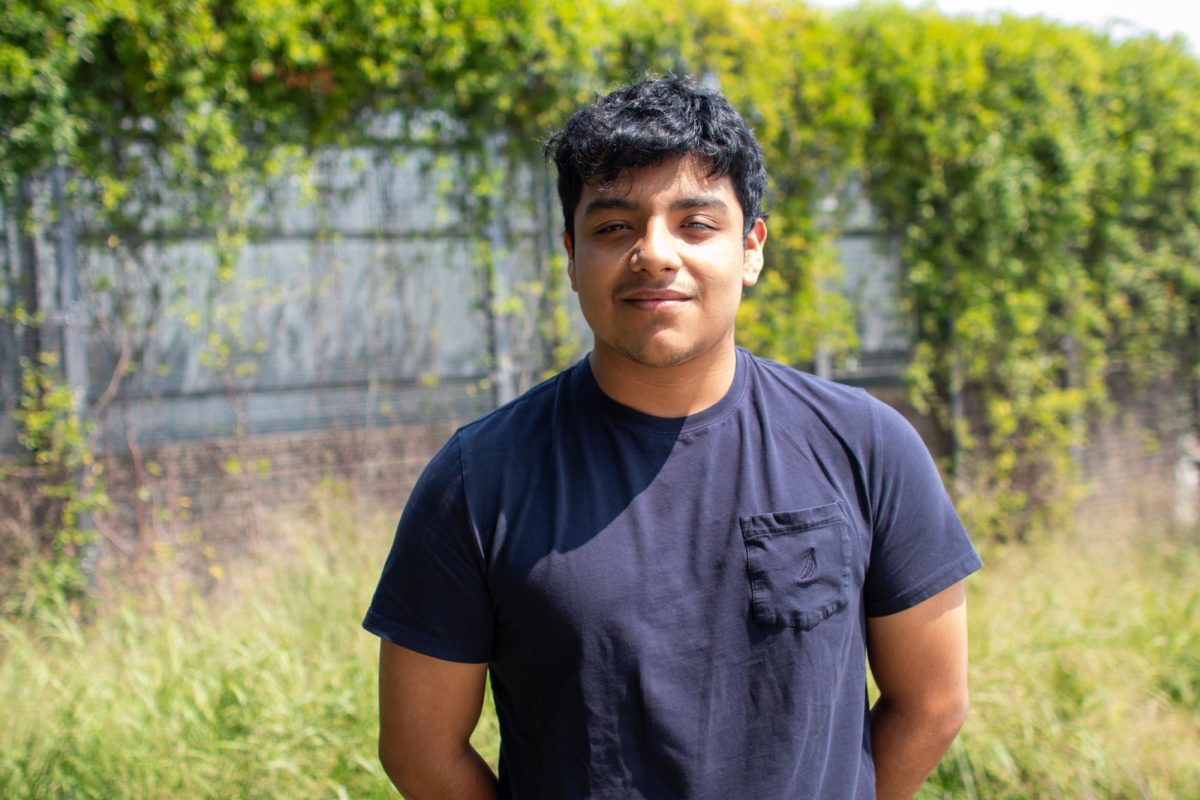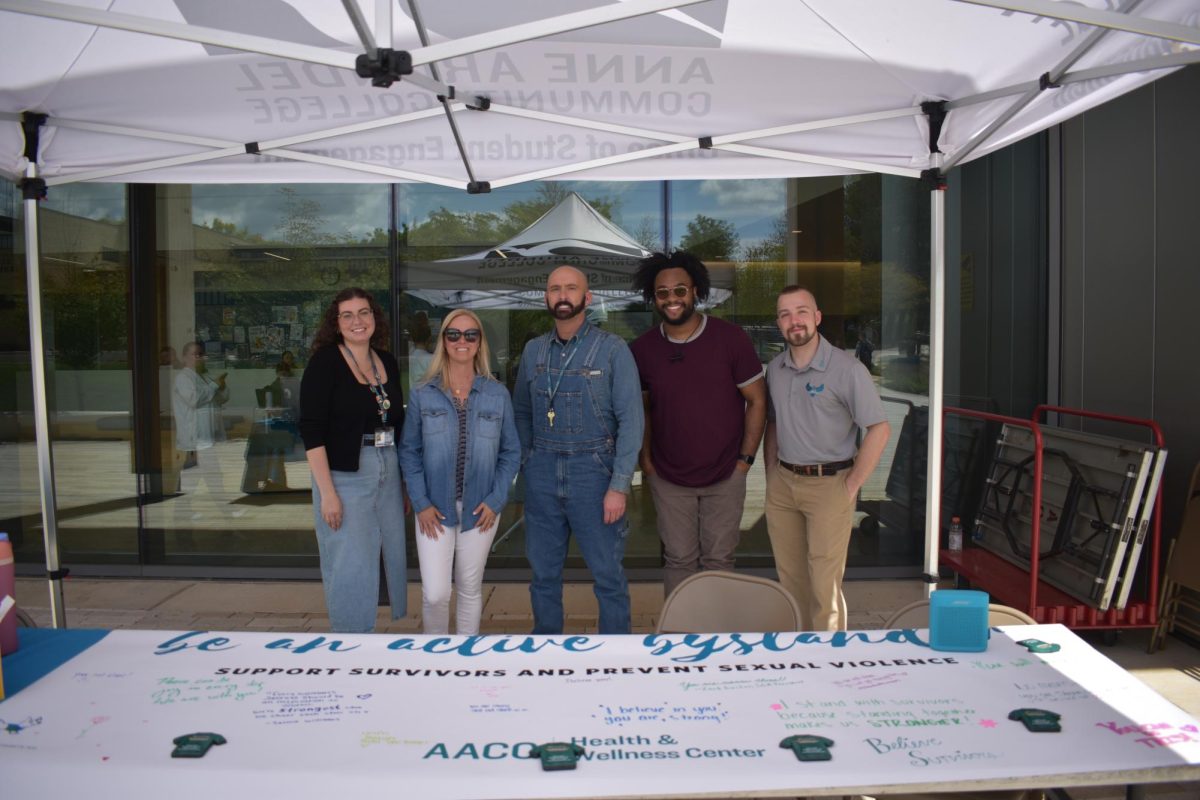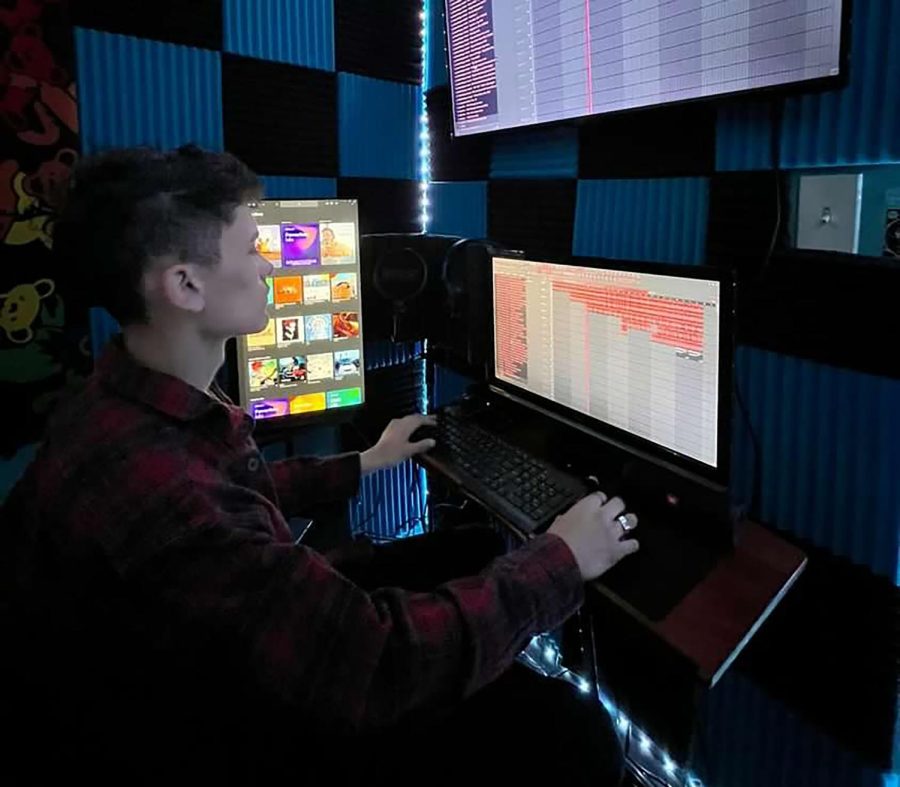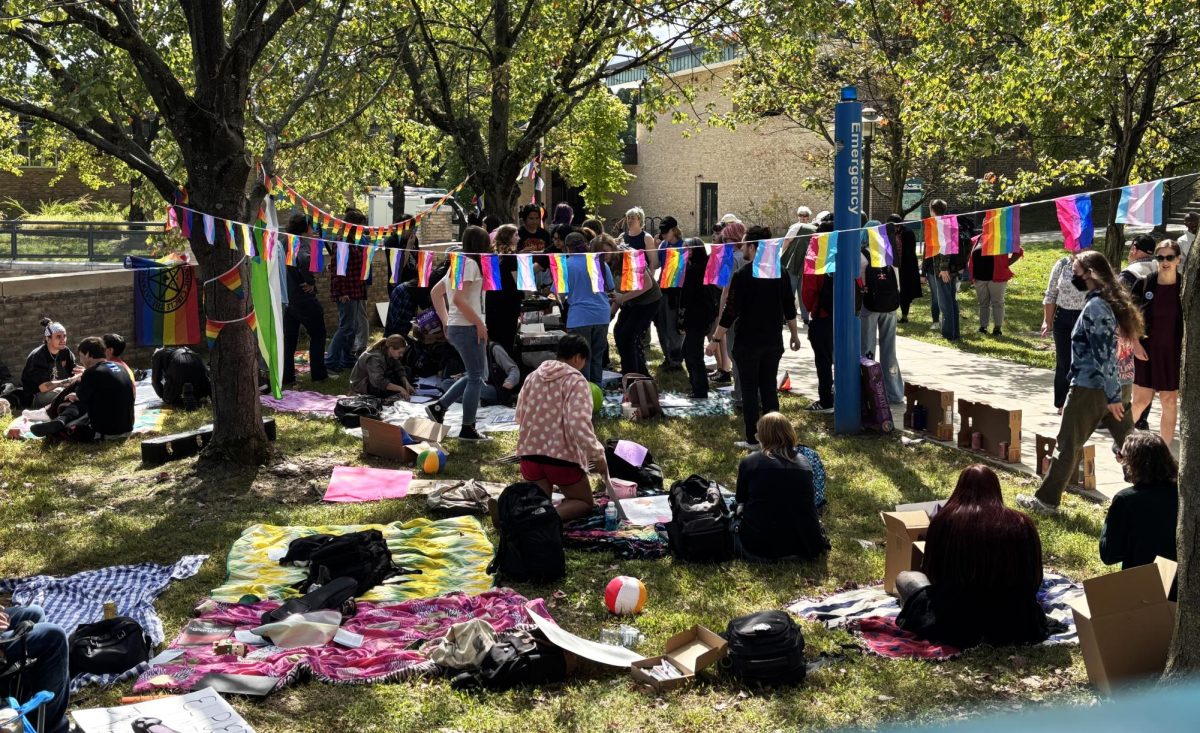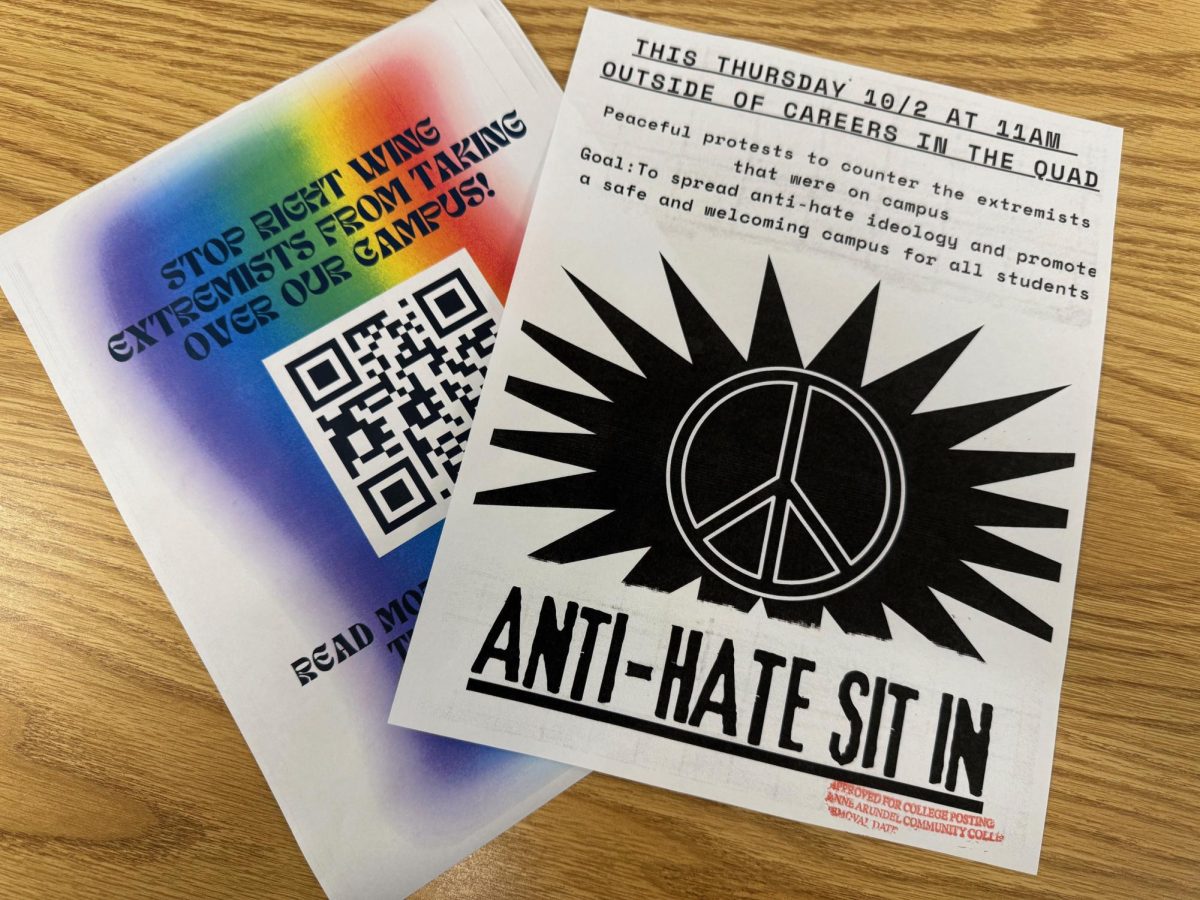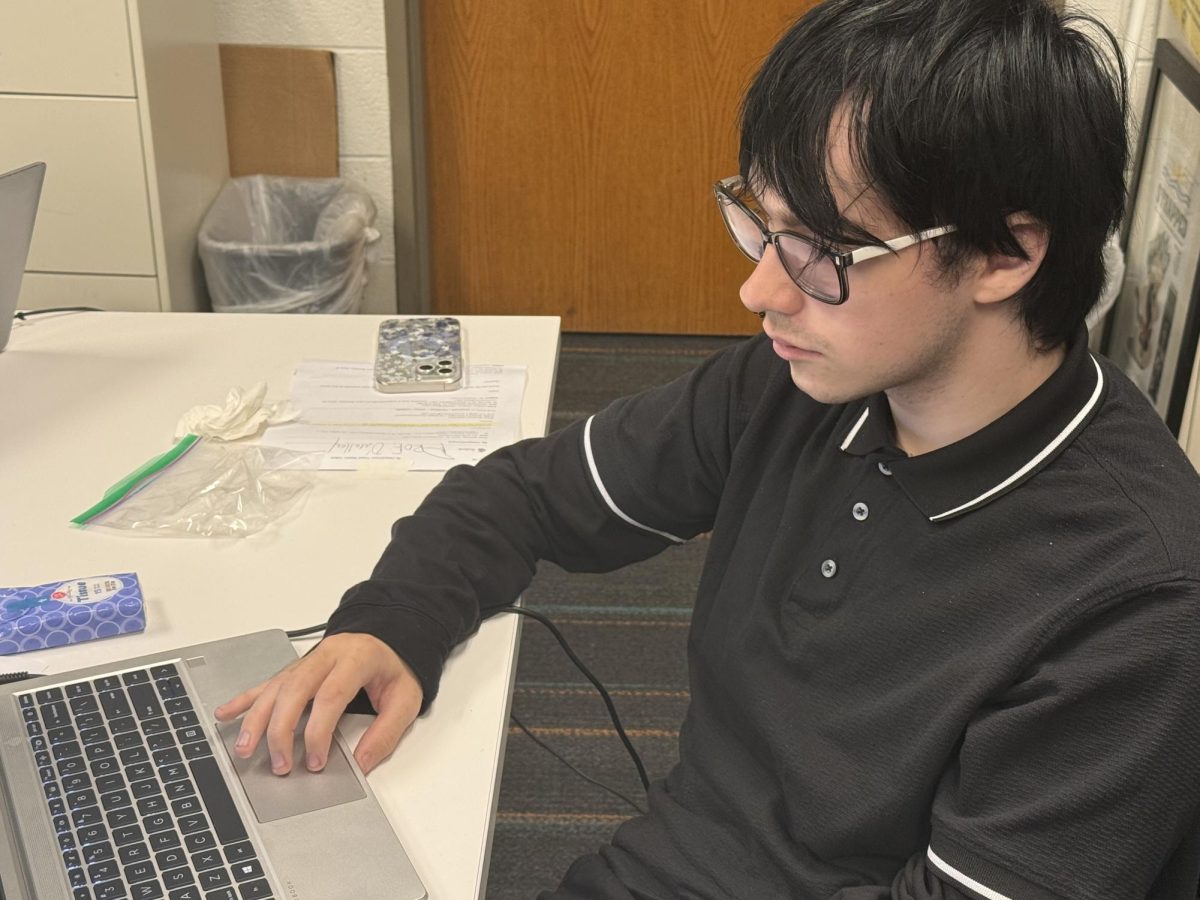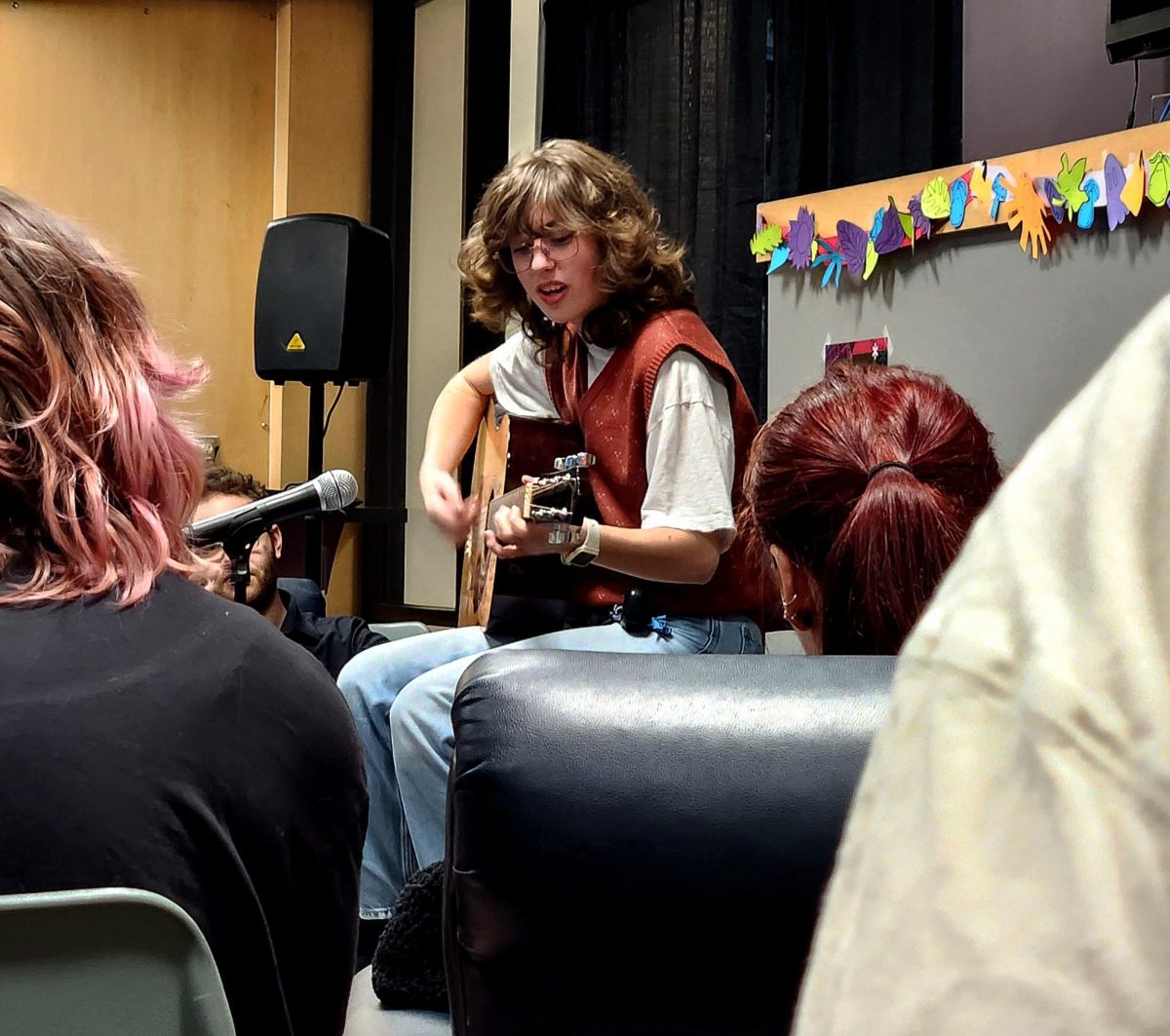“When I was 4 years old, I broke my femur, and then at age 13 or 14, I broke both my arms at the same time,” second-year homeland security student James Churn said. “And then after that, I broke my upper arm, and then I broke my collarbone. … My nose was broken in five places over a few months.”
Last year, he suffered a traumatic brain injury. Yet the 20-year-old has no plans to stop the activity that caused his injuries: dirt bike racing.
Churn has won more than 170 trophies for high speed racing in tournaments in the four years he has been competing—so many, he said, that “if I stopped right now, I’d have a Hall of Fame– type career.”
Every morning, Churn said, he arrives on campus at 8:30 a.m. to do homework, study and attend classes. Then, three afternoons a week, he meets his coach in Waldorf to train for the next competition.
But when Churn crashed his green Kawasaki KX 250 bike while training for a Pro Motocross Championship last year and suffered a traumatic brain injury, he questioned whether he would ride again.
“I don’t remember the crash,” Churn said. “[But] I got told that, literally, my bike just came out from underneath me, out of nowhere. I was told that I was going 75 [mph] when the crash happened, and that when I flew off the bike, my head went straight towards the face of the jump, so it was like hitting a brick wall.”
After this setback, though, he said he took a break for a couple of months and then “fought through it” by going to the gym and getting mental health therapy for PTSD caused by the accident.
“And it’s just tough to come back from an injury,” Churn said.
Churn said his dad influenced him to start his dirt bike journey.
“So my dad was a professional [dirt bike] racer,” Churn said. “He was actually the only one in his family who raced, so I kind of got into racing because of him.”
Churn has been featured on NBC Sports. “It’s definitely wild for me … and [nerve-racking],” Churn said. “I was actually on TV when I got interviewed for the first time, and it was kind of crazy. My first national [tournament] I ever rode I saw a bunch of cameras for NBC, and I remember how nervous that made me feel inside.”
He added: “I had to tell myself, ‘There’s a reason why I’m here,’ and I can’t let myself get nervous and not, like, perform … so you don’t want to perform badly.”
Churn said balancing his college life and dirt bike riding can be stressful. But he said he found a way.
“The key is, like, I train in the evening, [I] come [to campus] early to get the work done, and then ride,” Churn said. “And sometimes [I] have in-person exams, and I come in early for that. So basically, getting into the important stuff early, like college, [which is] honestly more important than racing to me right now, just because the after part of racing, racing doesn’t last forever.”



